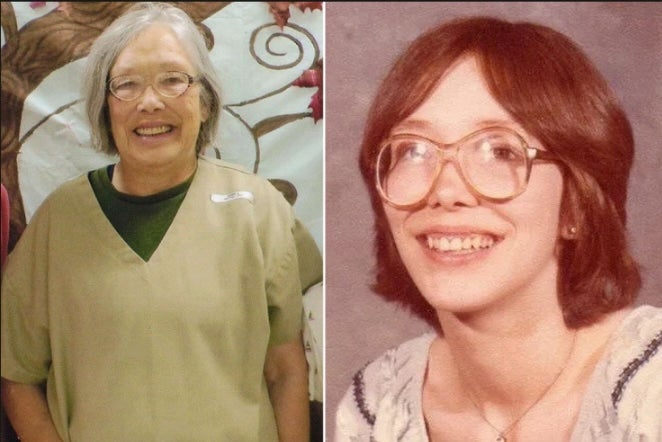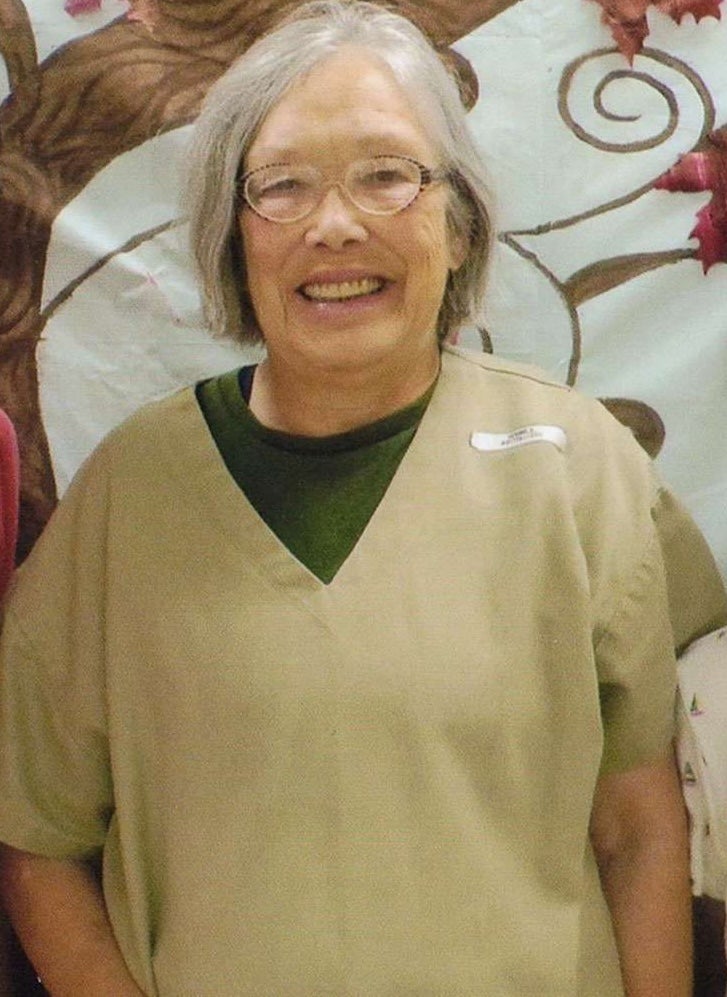Sandra Hemme to finally be freed from prison – after spending 43 years in jail for a murder she didn’t commit
The 64-year-old Missouri woman’s conviction was overturned last month, but has since gone through a legal rigmarole preventing her from being released

Missouri woman Sandra Hemme has been serving time for four decades after being wrongfully accused of a 1980 murder — now a court has cleared a path for her freedom.
The 64-year-old’s dealings with the criminal justice system have been turbulent. Aside from being considered the longest-known wrongly incarcerated woman in the US, in recent weeks, her situation became more complicated.
A circuit court judge in Missouri overturned her conviction on June 14, ordering her to be retried or released from prison within 30 days. The judge wrote: “no evidence whatsoever outside of Ms Hemme’s unreliable statements connects her to the crime.”
But weeks later, the Missouri Attorney General blocked her release after a lawyer from his office intervened, calling the prison to consider whether two unrelated sentences — amounting to 12 years in prison — should keep her behind bars, according to a July 10 court filing.
The Missouri Supreme Court on Thursday sided with the lower court’s ruling, signaling that Hemme now appears to be able to go free.
It’s not immediately clear when she would be released. The Independent has emailed a lawyer for Hemme.
The lower court judge noted that evidence “directly ties” a former police officer — Michael Holman — to the brutal murder of 31-year-old library worker Patricia Jeschke on November 13, 1980. Holman died in 2015.

Jeschke’s slaying was grisly. After she didn’t show up for work, her mother climbed into her apartment through a window to find her daughter’s naked body in a pool of blood on the floor, her limbs bound with a telephone cord, a knife under her head, and a pair of pantyhose wrapped around her throat.
As investigators began their search for the killer, Hemme reemerged in the area, having just been discharged from the psychiatric hospital — where she had spent most of her life after age 12 — just one day before Jeschke’s body was found. Authorities found this timing suspicious.
Police took Hemme in for questioning, noting that she seemed “mentally confused.”

After Hemme accused a man of being the murderer — who could not have been since he was in an alcohol treatment center at the time of Jeschke’s death — she pleaded guilty in exchange for removing the possibility of the death penalty.
Authorities searched Holman’s house after he died in 2015. They found gold horseshoe-shaped earrings in a closet, which Jeschke’s father said he had given his daughter.
“She is the victim of a manifest injustice,” the circuit judge wrote in June.
